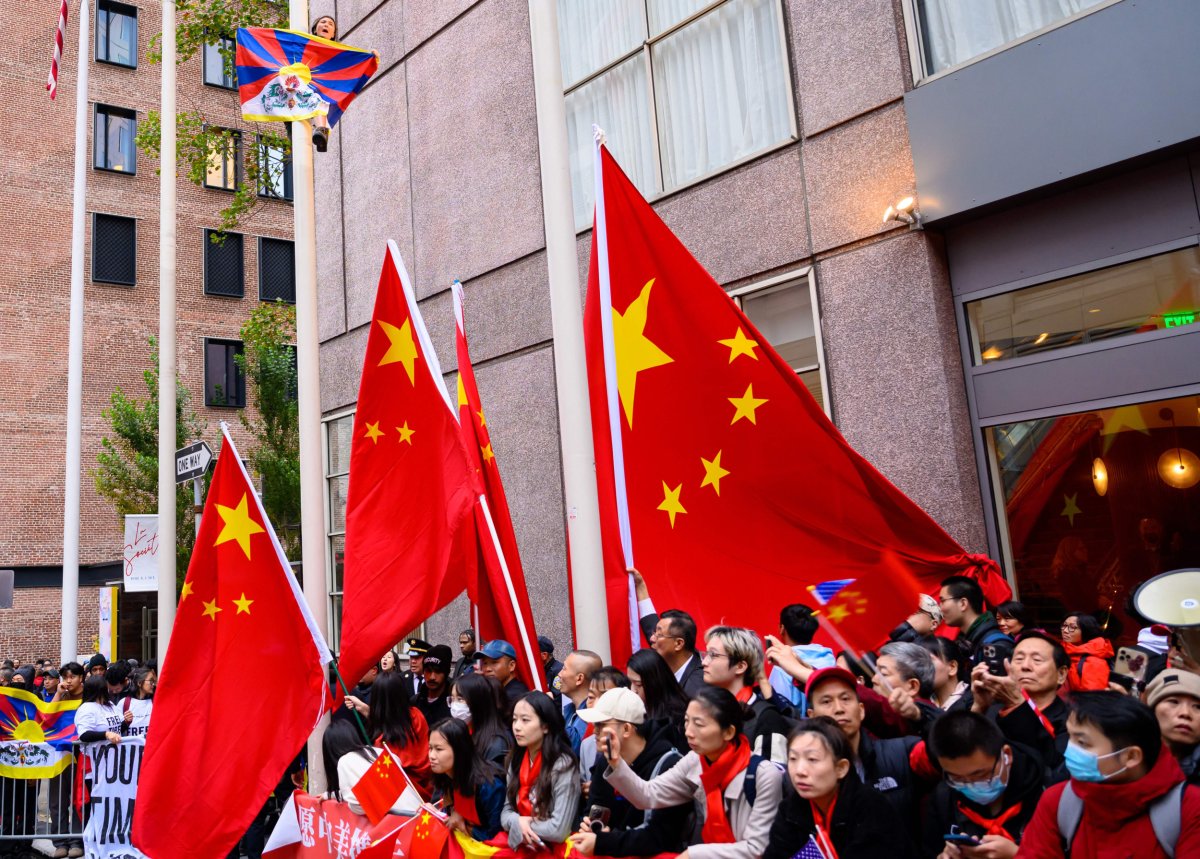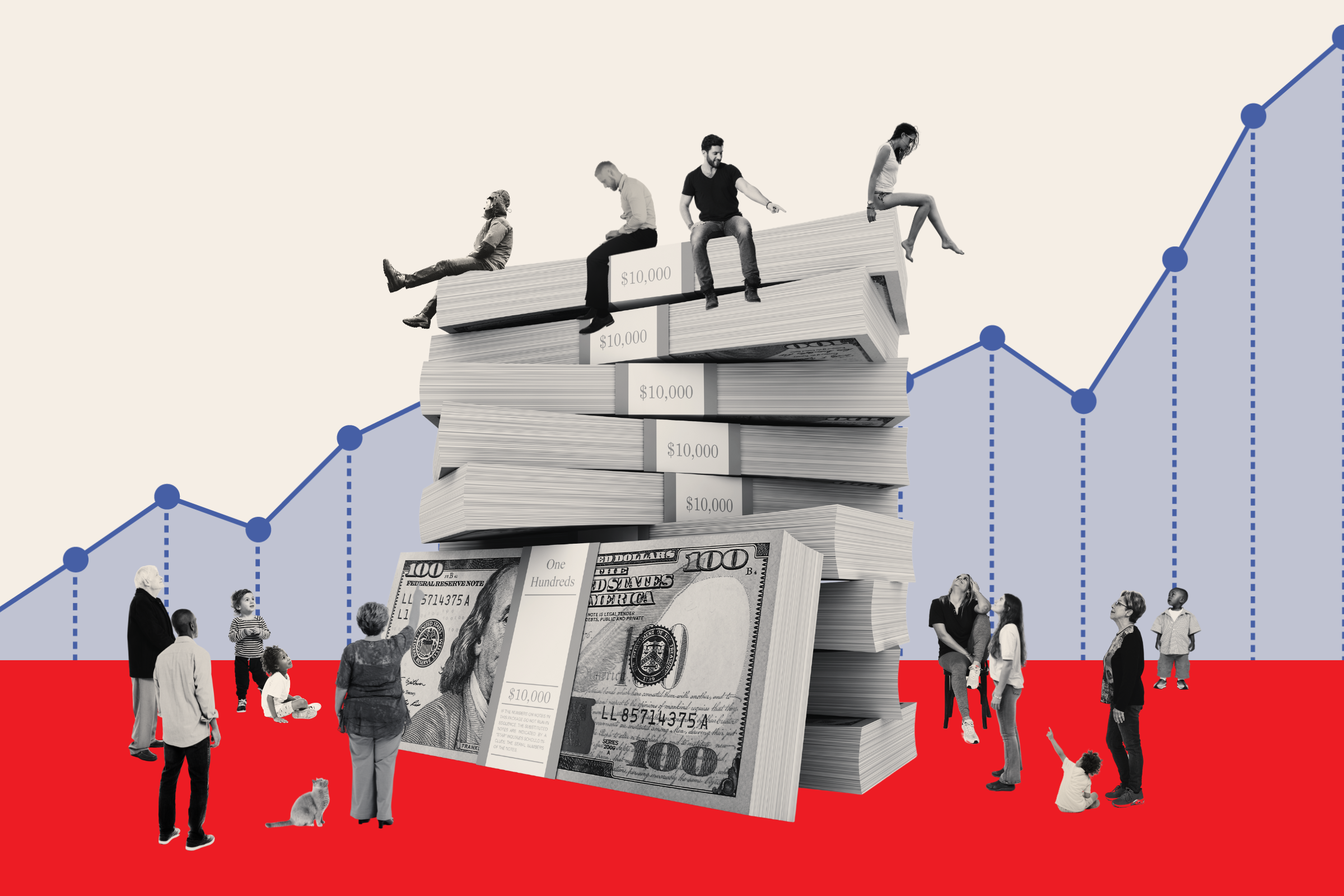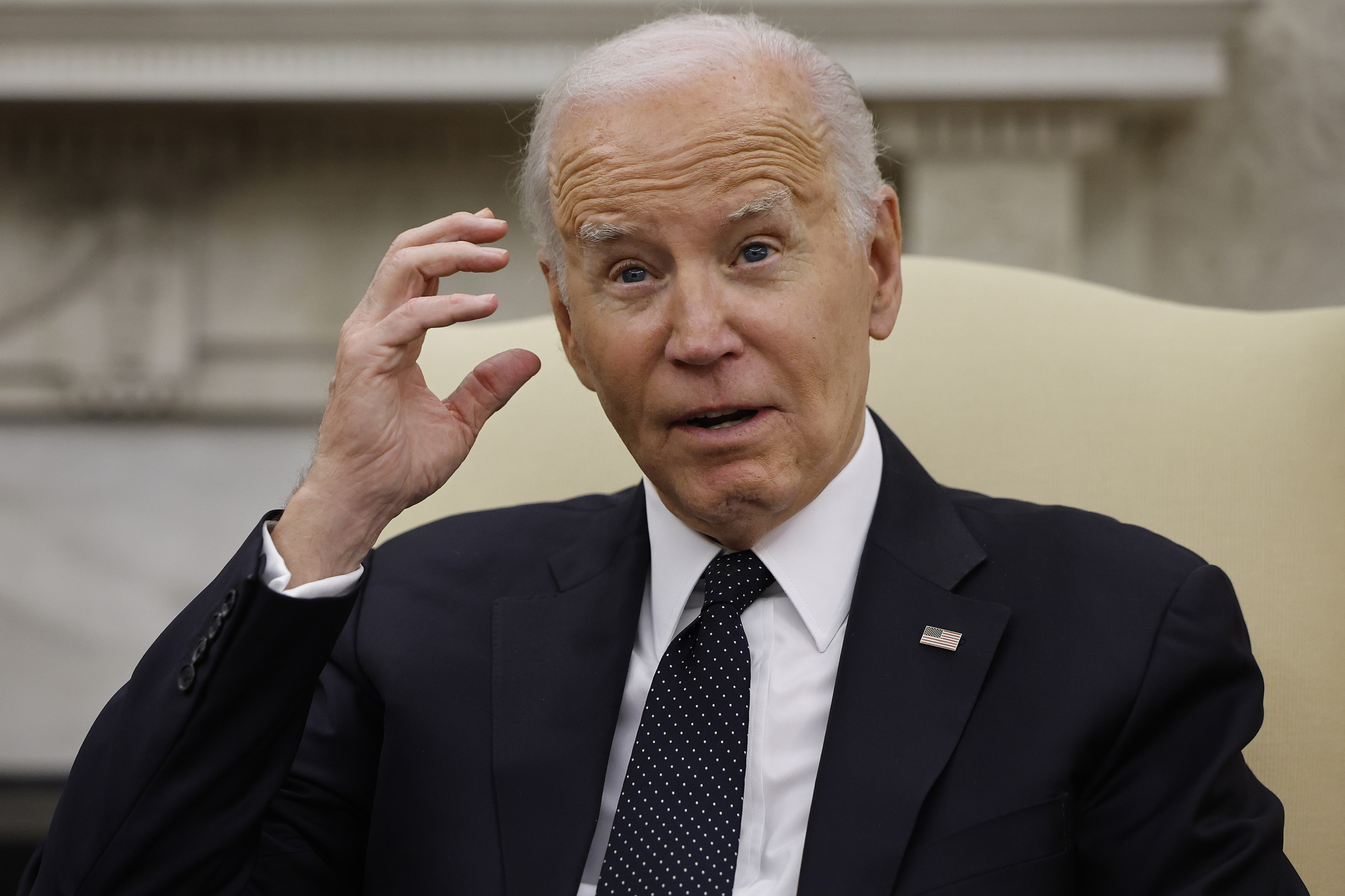A bipartisan congressional committee is set to warn members of the U.S. Congress on Monday about threats posed to American politics and society by the "united front" system of China's ruling Communist Party, according to a memo shared with Newsweek.
The document—the first on the subject produced by the House Select Committee on Strategic Competition between the United States and the Chinese Communist Party—will seek to inform Congress about what Beijing considers its "magic weapon."
The select committee on China, led by Reps. Mike Gallagher (R-WI) and Raja Krishnamoorthi (D-IL), was established earlier this year with the sole aim of highlighting issues of concern to both Republicans and Democrats. In particular, the group pledged to raise public awareness on the CCP's political influence in the United States.
The United Front Work Department, which answers to the Communist Party's Central Committee, oversees the broad spectrum of the party's institutionalized influence operations and intelligence activities targeting groups inside and outside of China.
Known collectively as united front work, its task is to coordinate favorable narratives and organize events to promote them; identify and nullify challenges to the CCP's rules; and ultimately advance the party's ideological, political, economic and security interests globally.
"Through its united front work strategy, which Xi Jinping has called a 'magic weapon,' the Chinese Communist Party uses every tool at its disposal, whether legal or illicit, to influence the American people and interfere in democratic societies," Gallagher, the committee chair, told Newsweek.
The bipartisan group's memo would help Americans "recognize and resist the CCP's malign influence," he said.
Krishnamoorthi, the committee's ranking member, said the united front ecosystem was "an important, but little understood, aspect of the Chinese Communist Party's misinformation, propaganda, and influence efforts both in the [People's Republic of China] and abroad."
Newsweek previously identified more than 600 united front-linked civic groups registered as nonprofits in the United States. Only two are registered under the Foreign Agents Registration Act.
Earlier this year, some of these groups—including one designated as a foreign mission by the U.S. State Department—mobilized pro-Beijing supporters to rally against President Tsai Ing-wen of Taiwan during her stopovers in New York and California, the select committee said. Chinese diplomats also were said to be involved, according to reports at the time.
This month, some of the same united front organizations and their senior principals held welcome parades and staged counterprotests during Chinese leader Xi's high-profile visit to San Francisco—also allegedly with the encouragement of China's official representatives.
Meanwhile, the U.S. Justice Department has an open case against senior office holders of the America Changle Association, a Chinese cultural association accused of hosting an undisclosed Chinese police station in New York City.
China's embassy in Washington, D.C., didn't return a written request for comment before publication.

The committee's memo will inform members of Congress, their staff and their constituents to help them understand the CCP's targeting of Chinese nationals, overseas Chinese, as well as ethnic Chinese who are not Chinese citizens, according to Cheryl Yu, a senior researcher at the Common Sense Society, a Washington, D.C., nonprofit.
"They need to be aware of how the CCP operates and the risks that come from engaging the party's proxies," Yu told Newsweek.
"They should focus on enhancing policies and legislation to counter foreign influence, particularly by allocating sufficient resources to the DOJ and FBI," she said. "They should investigate whether there are united front groups operating within their local districts. This includes a thorough examination of any contributions these groups might have made to their campaigns or to local community initiatives, which could be a part of influence efforts."
The select committee was formed with overwhelming bipartisan support in the House, but the backing wasn't unanimous—about a third of House Democrats voted against it. Among their top concerns was the welfare of Asian Americans, who they feared would fall victim to any spillover of exacerbated U.S.-China tensions as a result of the committee's work.
"The CCP deliberately tries to mobilize overseas Chinese groups—and many others—to support Beijing's goals and to pressure their governments. Because the CCP singles out Chinese people for influence, any response needs to address overseas Chinese organizations," Yu said.
"Calling out united front groups, unfortunately usually overseas Chinese organizations, has nothing to do with racial discrimination. Overseas Chinese a lot of times are victims of the CCP's propaganda without knowing themselves," she said.
Uncommon Knowledge
Newsweek is committed to challenging conventional wisdom and finding connections in the search for common ground.
Newsweek is committed to challenging conventional wisdom and finding connections in the search for common ground.
About the writer
Aadil Brar is a reporter for Newsweek based in Taipei, Taiwan. He covers international security, U.S.-China relations, and East Asian ... Read more
To read how Newsweek uses AI as a newsroom tool, Click here.






